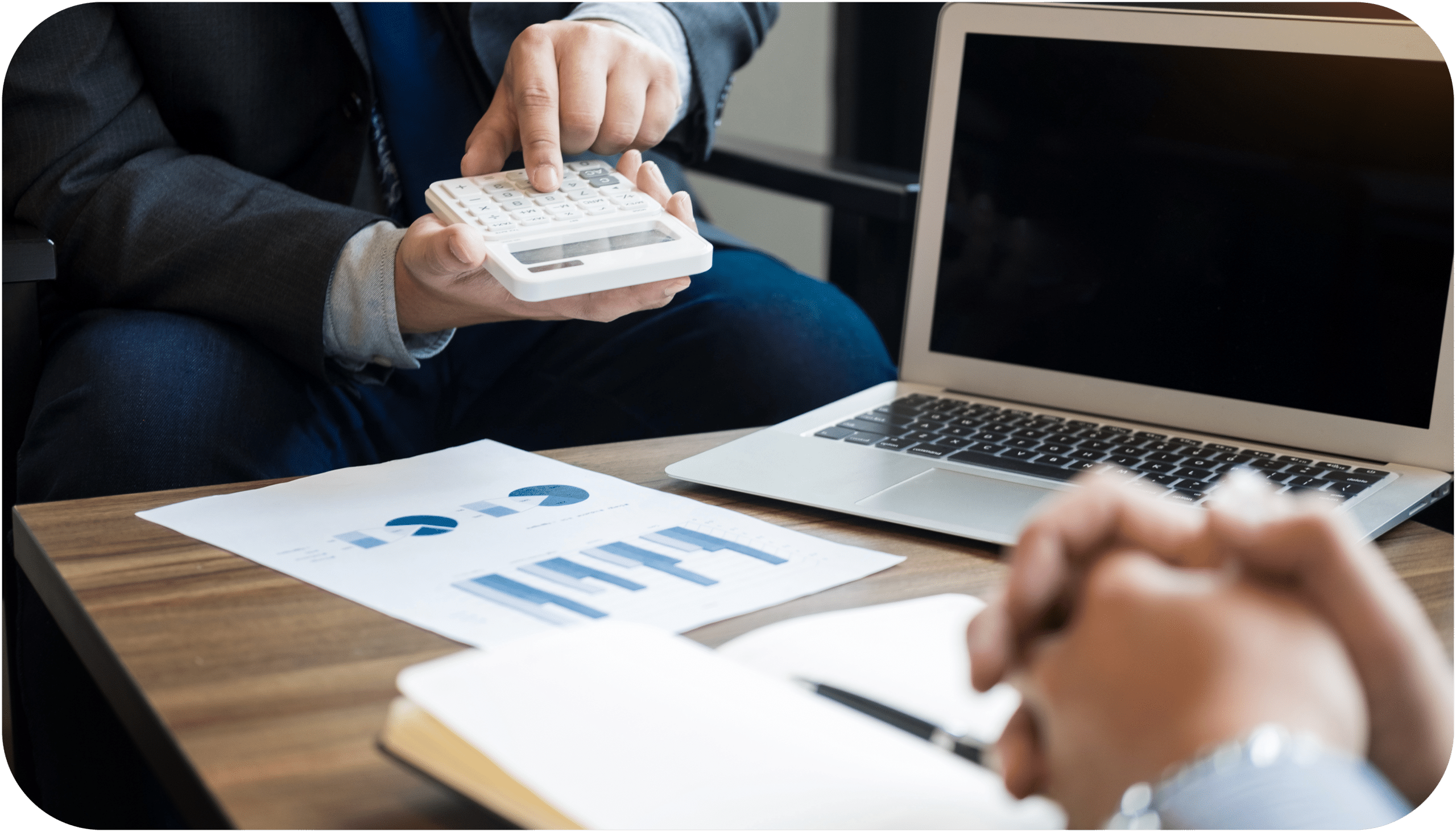Understanding the Role of a Personal Tax Accountant in the UK
With growing complexity in UK tax laws, increasing HMRC scrutiny, and shifting income thresholds, more individuals than ever need expert tax guidance. Whether you’re self-employed, own rental property, or have multiple income streams, getting your taxes wrong can lead to costly penalties or missed savings.
This is where a personal tax accountant steps in—providing tailored advice to help you stay compliant and financially efficient.
Who Is a Personal Tax Accountant?
A personal tax accountant is a certified financial professional who specializes in individual taxation rather than business taxes. Their role is to manage your tax affairs, ensure compliance with HMRC regulations, and maximize your allowable deductions.
They often hold qualifications like:
- ATT (Association of Taxation Technicians)
- CTA (Chartered Tax Adviser)
- ACCA, CIMA, or ICAEW designations
Unlike general accountants who serve companies, personal tax accountants focus solely on individuals and families.
Core Responsibilities of a Personal Tax Accountant
1. Preparing and Filing Self-Assessment Tax Returns
Personal tax accountants:
- Calculate your income from employment, self-employment, property, dividends, and pensions
- Ensure accurate reporting
- Submit your return by 31 January (online) or 31 October (paper)
✅ This prevents late filing penalties and ensures your taxes are correctly calculated.
2. Identifying Tax Reliefs and Allowances
A good tax accountant ensures you’re claiming:
- Marriage allowance
- Personal savings allowance
- Dividend allowance
- Pension tax relief
- Blind person’s allowance (if applicable)
✅ These reduce your tax bill legally and significantly.
3. Capital Gains and Inheritance Tax Planning
Selling assets like stocks or property? A tax accountant can:
- Time disposals to reduce your Capital Gains Tax (CGT)
- Use your annual CGT exemption effectively
- Advise on Inheritance Tax (IHT) planning to protect your estate for your heirs
4. Advising on Income Structuring and Investments
Your accountant can recommend:
- ISAs (tax-free savings)
- Pension contributions
- Gifting strategies
- Splitting income with a spouse for tax efficiency
This helps you legally minimise tax while growing wealth.
5. HMRC Representation and Compliance Support
If HMRC contacts you for:
- An audit
- Tax enquiry
- Compliance check
Your tax accountant will handle communications, gather evidence, and defend your case if needed.
Who Needs a Personal Tax Accountant?
While anyone can benefit, you should definitely consider hiring one if you are:
- Self-employed or a freelancer
- A landlord receiving rental income
- A high earner (income above £100,000)
- A pensioner with multiple income sources
- An investor in stocks, crypto, or property
- Someone with foreign income or assets
Benefits of Hiring a Personal Tax Accountant
✅ Saves time by managing the entire process
✅ Reduces stress through expert advice and handling of HMRC communication
✅ Minimises errors and avoids penalties
✅ Uncovers tax reliefs you might have missed
✅ Plans strategically for future financial goals
In many cases, the money you save through smart tax advice can more than cover the accountant’s fee.
How to Choose the Right Tax Professional in the UK
Look for:
| Criteria | Why It Matters |
|---|---|
| Qualifications | ATT, CTA, ICAEW, ACCA ensures legitimacy |
| Experience | More years = deeper tax knowledge |
| Specialisation | Do they work mainly with individuals like you? |
| Fee structure | Fixed-fee packages are more predictable |
| Client reviews | Trustpilot, Google, or referrals from friends |
Don’t hesitate to request a free consultation or ask about past client success stories.
FAQs About Personal Tax Accountants in the UK
Q1: Do I need a personal tax accountant if I use HMRC software?
Yes, software won’t spot reliefs or give strategic advice like a qualified accountant will.
Q2: How much does it cost to hire one?
Anywhere from £150 to £750+ depending on complexity and services included.
Q3: Can they help with capital gains from crypto?
Absolutely. They can calculate gains, apply allowances, and handle declarations.
Q4: Will they deal directly with HMRC for me?
Yes, once authorized, they can act on your behalf and communicate with HMRC.
Q5: Do I need one every year?
If your finances are complex or changing, it’s wise to have one review your situation annually.
Q6: Is their fee tax deductible?
If you’re self-employed or a landlord, accounting fees are typically deductible.
Conclusion: Maximise Your Financial Efficiency with Expert Tax Help
Hiring a personal tax accountant in the UK is an investment in: ✅ Peace of mind
✅ Legal compliance
✅ Financial optimization
With their support, you can navigate the tax system with clarity and confidence—keeping more of your hard-earned income and planning ahead with purpose.













